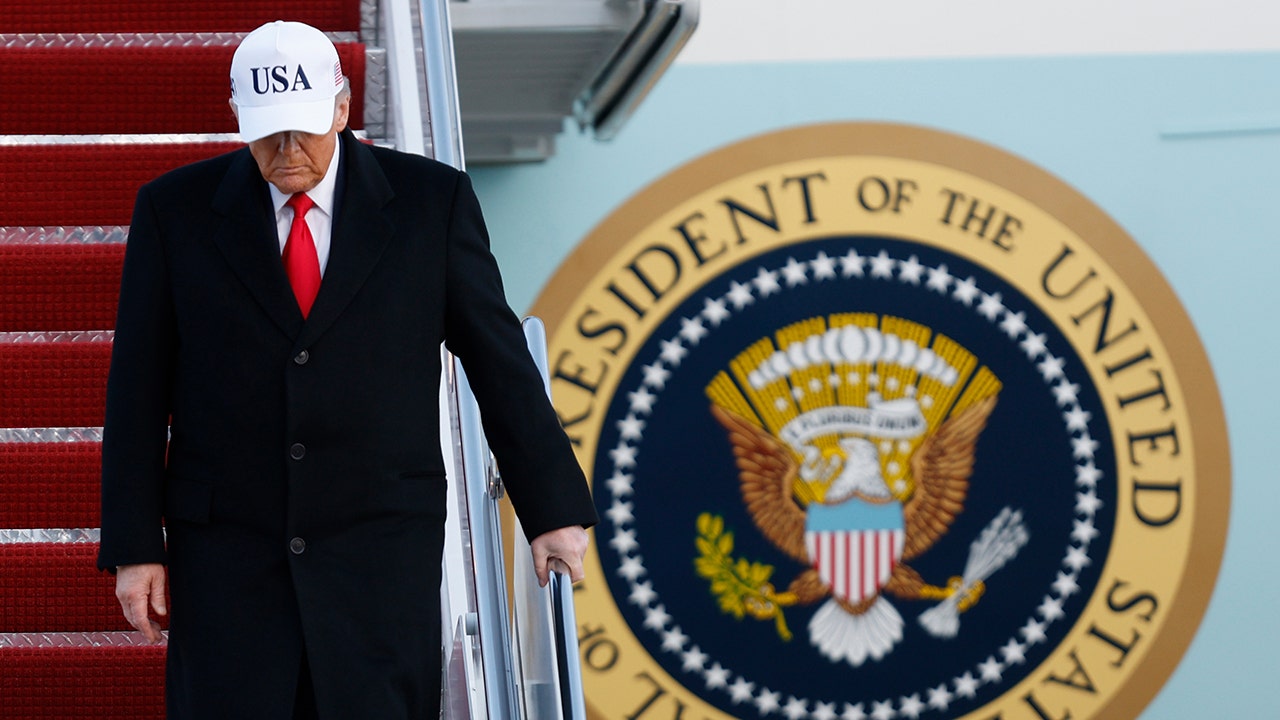The stench is a Capitol offense.
A pair of 75-year-old gingko trees in Sacramento have been fenced off after its foul “vomit”-smelling fruit has become both a slip and sniff hazard, according to reports.
The two female ginkgos — planted in 1954 by then-Gov. Goodwin Knight and other officials in the California State Capitol Park — were cordoned off this month after their seasonal crop of pungent berries began falling and creating a “safety hazard,” the Sacramento Bee reported.
Anybody picking up the squishy berries on the bottom of their shoes could be “leaving the slippery flesh of the fruit on the sidewalk, lawn, and the roadway, creating an unpleasant smell and a potential safety hazard,” Department of General Services spokesperson Jennifer Iida told the outlet.
She described the smell as “pungent and unpleasant” to SFGate.
The department had received a flurry of complaints about the trees’ stench, derived from the chemical butyric acid in the fleshy, yellow outer layer of the fruit’s seed.
Ned Friedman, director of Harvard University’s Arnold Arboretum, likened the smell of the component to “rancid butter and vomit” in an essay.

The twin gingkos with distinctive fan-shaped leaves now sit behind temporary fencing adorned with a laminated “NO PICKING GINGKO FRUIT” sign to deter curious foragers from harvesting or tracking the fruit around.
The berries, which are seeds with a soft casing, contain mild toxins and should only be handled with gloves. When properly prepared, the seeds are featured in many Asian dishes and are used in traditional medicine.
Cooking can lessen, but not eliminate, the toxins in the seeds. Raw seeds should never be consumed, the Mayo Clinic warned.
The twin gingkos are otherwise healthy, and officials were mostly concerned about the mess left behind by people cracking open the fruit, Iida said.
Read the full article here















